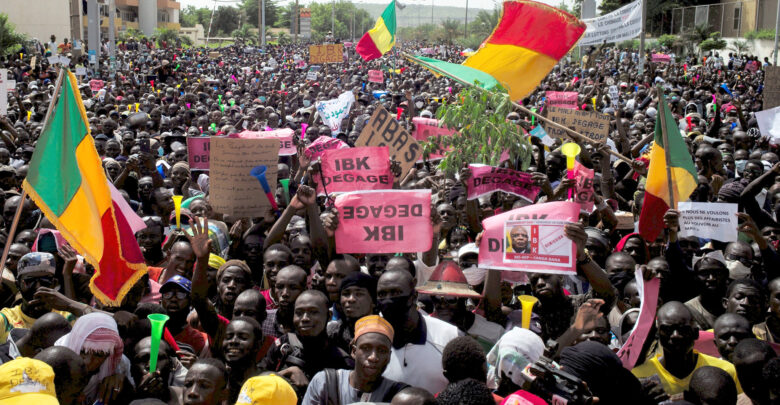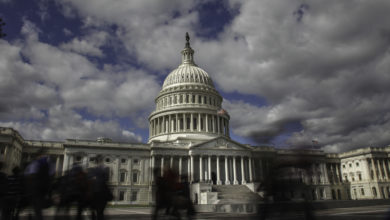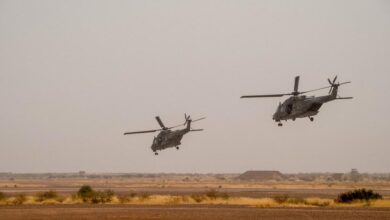Mali
Mali: M5-RFP Protest Coalition Rejects Military Junta’s Post-Coup Transition Charter

Mali’s M5-RFP coalition rejected a political charter presented by the ruling military junta, which calls itself the National Committee for the Salvation of the People (CNSP), on Saturday, reported Reuters.
M5-RFP coalition led anti-government protests against President Ibrahim Boubacar Keita in the run-up to last month’s coup.
The junta presented a roadmap meant to chart an agreed transition after the Aug. 18 coup after three days of talks with political leaders and civil society groups.
On Saturday, the military government-backed a charter for an 18-month transition government. The charter calls for the selection of an interim president for Mail that can be a civilian or a soldier.
According to M5-RFP, the final version of the charter did not reflect the negotiation results, which it said included a majority choice of a civilian interim president. It accused the military government of a “desire to monopolise and confiscate power”.
“M5-RFP distances itself from the resulting document which does not reflect the views and decisions of the Malian people,” the Mali coalition said in a statement. “The desire to grab and confiscate power for the benefit of the CNSP does not justify the means.”
It also said discussions had taken place against a backdrop of “intimidation, anti-democratic and unfair practices worthy of another era”.
M5-RFP’s stance on the military junta’s charter comes in a time when the Economic Community of West African States (ECOWAS) has given the junta until Tuesday to name a non-military president and prime minister to lead a one-year interim government or else the country could face further sanctions.
The 15-nation West African regional bloc has already stopped financial transfers into the country and has closed its borders with Mali.
The coup sparked condemnation from regional and International powers that fear the ongoing political instability will undermine a joint fight against Islamist militants across West Africa’s Sahel region.






